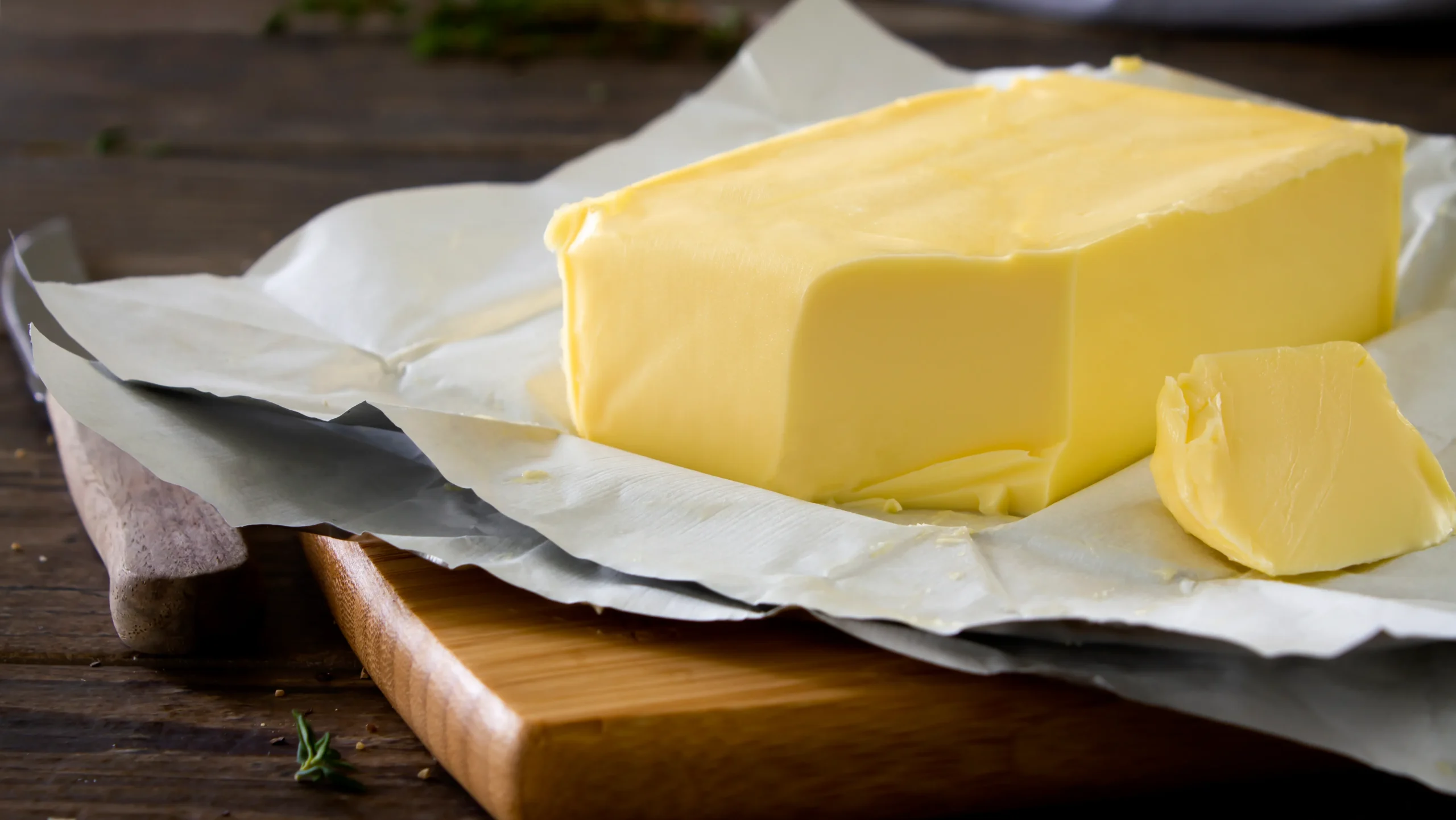In late March 2025, Agri-Mark Inc., the parent company of Cabot Creamery, initiated a voluntary recall of approximately 1,701 pounds of its 8-ounce Extra Creamy Premium Sea Salted Butter. This action was prompted by the detection of elevated levels of coliform bacteria during routine quality control testing. While coliform bacteria are commonly found in the environment and are generally not harmful, their presence can indicate potential contamination with pathogens such as E. coli, which can cause gastrointestinal distress.
Details of the Recalled Product:
- Product: 8-ounce Extra Creamy Premium Sea Salted Butter
- Lot Code: 090925-055
- Best-By Date: September 9, 2025
- UPC Code: 0 78354 62038 0
- Distribution: Sold in Vermont, New York, Pennsylvania, Maine, Connecticut, New Hampshire, and Arkansas
The affected butter was distributed in these seven states, with only 17 packages reaching consumers in Vermont. Notably, 99.5% of the recalled products were recovered before widespread distribution. As of now, no illnesses have been reported in connection with this recall.
FDA Classification and Consumer Guidance
The U.S. Food and Drug Administration (FDA) has classified this recall as Class III, indicating that the use of the product is unlikely to cause adverse health consequences. Nevertheless, consumers who have purchased the affected butter are advised to discard it or return it to the place of purchase for a full refund.
Recommended Actions for Consumers:
- Check Your Inventory: Review your refrigerator and pantry for the recalled butter using the lot code and best-by date provided above.
- Dispose or Return: If you possess the affected product, either discard it or return it to the retailer for a refund.
- Stay Informed: Monitor updates from Agri-Mark Inc. and the FDA for any new information regarding this recall.
For further assistance or inquiries, consumers can contact Cabot Creamery directly through their official website at cabotcreamery.com or by reaching out to their customer service department.
Understanding Coliform Bacteria in Dairy Products
Coliform bacteria are a group of bacteria commonly found in the environment, including soil, water, and vegetation. In dairy products, the presence of coliforms can serve as an indicator of sanitary quality during production and handling. However, while coliforms themselves are generally not harmful, their presence can suggest that other, more harmful pathogens may also be present. For instance, studies have shown that coliforms can be detected in a significant percentage of butter samples, highlighting the importance of monitoring these bacteria to ensure product safety. PMC+1PubMed+1PMC+1PMC+1
Regulatory Standards and Safety Measures
Regulatory agencies, such as the FDA, set standards for acceptable levels of coliform bacteria in dairy products to ensure consumer safety. These standards help identify potential lapses in hygiene during processing and handling. In the case of Cabot Creamery’s butter recall, the FDA’s classification of the recall as Class III reflects an assessment that the likelihood of adverse health effects is minimal. AP News
Preventive Measures in Dairy Processing
To prevent bacterial contamination, dairy processors implement stringent hygiene and quality control measures. These include regular testing for pathogens, maintaining clean processing environments, and adhering to strict temperature controls during production and storage. The detection of elevated coliform levels in this instance underscores the need for continuous vigilance in these practices to protect consumer health.
Looking Ahead
While the immediate risk from the Cabot Creamery butter recall appears low, it serves as a reminder of the complexities involved in food safety. Consumers are encouraged to stay informed about product recalls and to follow guidance from manufacturers and regulatory agencies. By doing so, they can make informed decisions and take appropriate actions to safeguard their health.
